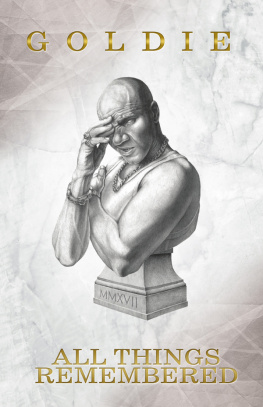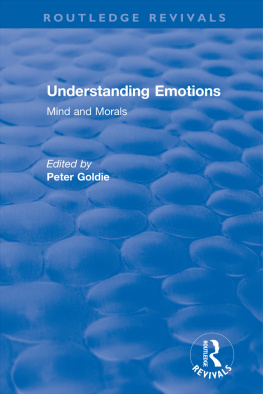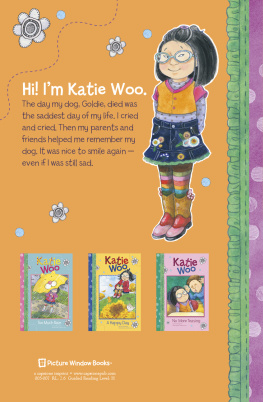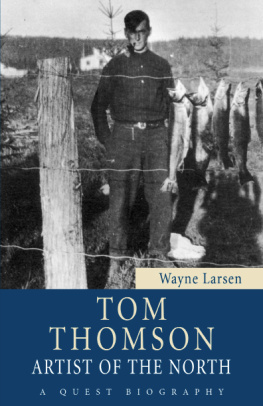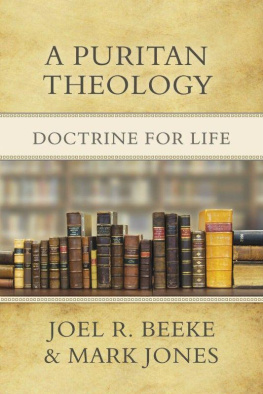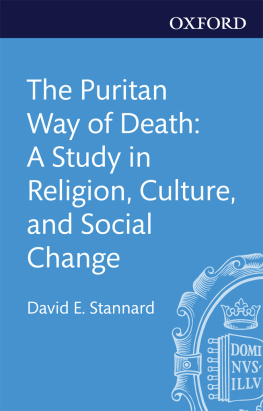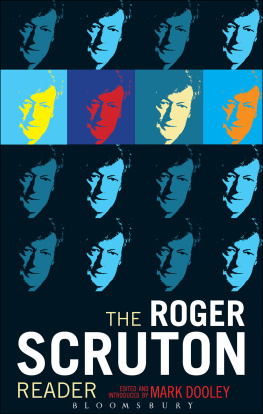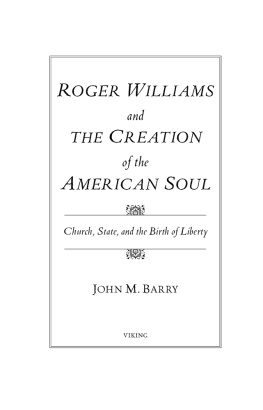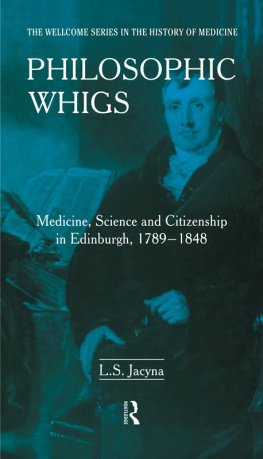
Roger Morrice
and the
Puritan Whigs
An exceptionally significant monograph, and without doubt one of the most important to appear in the field of Restoration history in the last twenty years. Mark Goldie has done more than anyone else to illuminate the political and religious assumptions of late seventeenth-century Englishmen. Dr Grant Tapsell, University of Oxford.
Roger Morrice and the Puritan Whigs explains a movement, illuminates the world of its emblematic representative, and explores one of the most remarkable documents of the seventeenth century.
Morrices Entring Book was supremely well-informed, passionately committed, and relentlessly opinionated. Chronicling the years 1677 to 1691, nearly a million words in length, it is the fullest surviving record of the tumultuous final years of the Stuart regime, from the Popish Plot and Exclusion Crisis to the Glorious Revolution.
The Entring Book covers not only politics and religion but also culture and society, gossip and rumour, and manners and mores in the teeming metropolis. Morrice was a Puritan clergyman turned confidential reporter for leading Whig politicians, a barometer of opinion, for whom reliable information was vital for public action. Just twenty years after Pepyss Diary , the Entring Book depicts a darker England, gripped by a new crisis of popery and arbitrary government.
Mark Goldies deeply considered book examines the fortunes of Puritanism in the later Stuart age. It offers a story of disillusion and diminuendo, of struggles for survival in the face of intolerance, and of self-understanding among those who hoped to transform England through Godly rule.
Yet the book also tells a countervailing story of revitalized and transformed Puritanism. Puritans worked through parliament, the royal court, and the households of gentry, merchants, lawyers, and clergy. Setting out to galvanize civil society, they mobilized public opinion, organized electorates, and deployed the arts of journalism, influence, and persuasion. Thus the Long Reformation entangled with the First Age of Party, and the Puritan became the Whig.
Mark Goldie is Professor of Intellectual History at the University of Cambridge and a Fellow of Churchill College.
Dr Williamss Library, London: The Entring Book, P599

Contents
L IST OF ILLUSTRATIONS
Sample pages of the manuscript of the Entring Book
P599
Genealogical Tables
Maps
1 London: the Palace of Westminster
2 London: Westminster and the West End
3 London: the City and Southwark
4 London: suburbs
5 London: environs
6 The Staffordshire Moorlands
7 England: counties
8 Britain: dioceses
9 British Isles: principal towns and military campaigns
10 Europe
11 Northern France and the Netherlands
Note to Readers
T HE chapters of this book are essays in different approaches to historical writing, prompted by the diverse puzzles posed by Roger Morrice and his Entring Book , and by the complexities of British public life during the era of the Restoration and Revolution. To an extent they are discreet and need not be read sequentially. It may therefore be useful to indicate what each chapter does, so that the reader may judge where to go, and perhaps where not to go. has the broadest chronological range, for it explores Puritan perspectives on the history of Englands Long Reformation, a scholarly struggle to control national understanding of the Reformation: it thus connects the Tudor with the Stuart age. The final chapter is a brief coda on modern historians rediscovery of Morrice and the Entring Book . Taken together, the chapters aim to provide a distinctive account of the culture of Puritanism in its final phase.
This book is a paperback edition of the opening volume of the complete edition of The Entring Book of Roger Morrice , published by the Boydell Press in six volumes in 2007, with a seventh, index, volume in 2009. It reproduces the text and pagination of the 2007 edition without change. A new Introduction, and a Supplement to the Bibliography, have been added. The first edition contained a large number of Appendices which provided additional information about Morrice, his Entring Book , and contemporary personnel and events. These are omitted here. The footnotes which contain references to these Appendices have, however, been retained, as pointers for readers who wish to delve deeper by turning to the full edition of the Entring Book.
Throughout this book, Morrices Entring Book is cited by reference to the page numbers of the original three manuscript volumes (numbered P, Q, and R in the Morrice archive). The 2007 edition of the text recorded the manuscript page numbers in square brackets in the body of the text, so that it is not difficult to track down references. It may be useful to record in which volume of the published edition a citation can be found. In doing so, I also record the titles of each of the text volumes, and the names of their editors.
P1 P457 | Volume II | The Reign of Charles II, 1677 1685 , edited by John Spurr |
P458 Q83 | Volume III | The Reign of James II, 1685 1687 , edited by Tim Harris |
Q84 Q469 | Volume IV | The Reign of James II, 1687 1689 , edited by Stephen Taylor |
Q470 R241 | Volume V | The Reign of William III, 1689 1691 , edited by Mark Knights |
All works cited were published in London unless otherwise stated. Quotations from primary sources are modernised.
The full text of the Entring Book will be available from Boydell & Brewer in electronic format in 2016. Further information will be available on the publishers website.
Acknowledgements
T HE first edition of this book contained several pages of acknowledgements, such was the scale and collective endeavour involved in the project to bring a printed edition of the Entring Book to fruition. I do not repeat that long list here. It is, nonetheless, important to put on record again some principal debts of gratitude. The Trustees, Friends, and staff of Dr Williamss Library, Gordon Square, London, which owns the Morrice manuscripts, fostered the project, especially its Director David Wykes. The Parliamentary History Yearbook Trust undertook to publish it, in partnership with the Boydell Press. From the 1950s to the 1990s the late Douglas Lacey, of the United States Naval Academy, Annapolis, and Robin Gwynn, formerly of Massey University, New Zealand, laid the foundations for an edition.
In listing the volume editors, who each took charge of a section of the text, I am naming four of the most insightful and energetic historians of seventeenth- and eighteenth-century British history. They are Tim Harris (Brown University, Providence), Mark Knights (University of Warwick), John Spurr (University of Swansea), and Stephen Taylor (University of Durham). The research associates were Jason McElligott (now Keeper of Marshs Library, Dublin), who prepared the Biographical Dictionary in Volume VI; Frances Henderson (of Worcester College, Oxford), who decoded Morrices shorthand; and Kate Loveman (now of the University of Leicester). The index was prepared by Alasdair Hawkyard. Genealogical tables were drawn by Jeffrey Dean and maps by Clifford Hayes. Clyve Jones and John Morrill served on the advisory board. The Arts and Humanities Research Council provided the principal funding.





